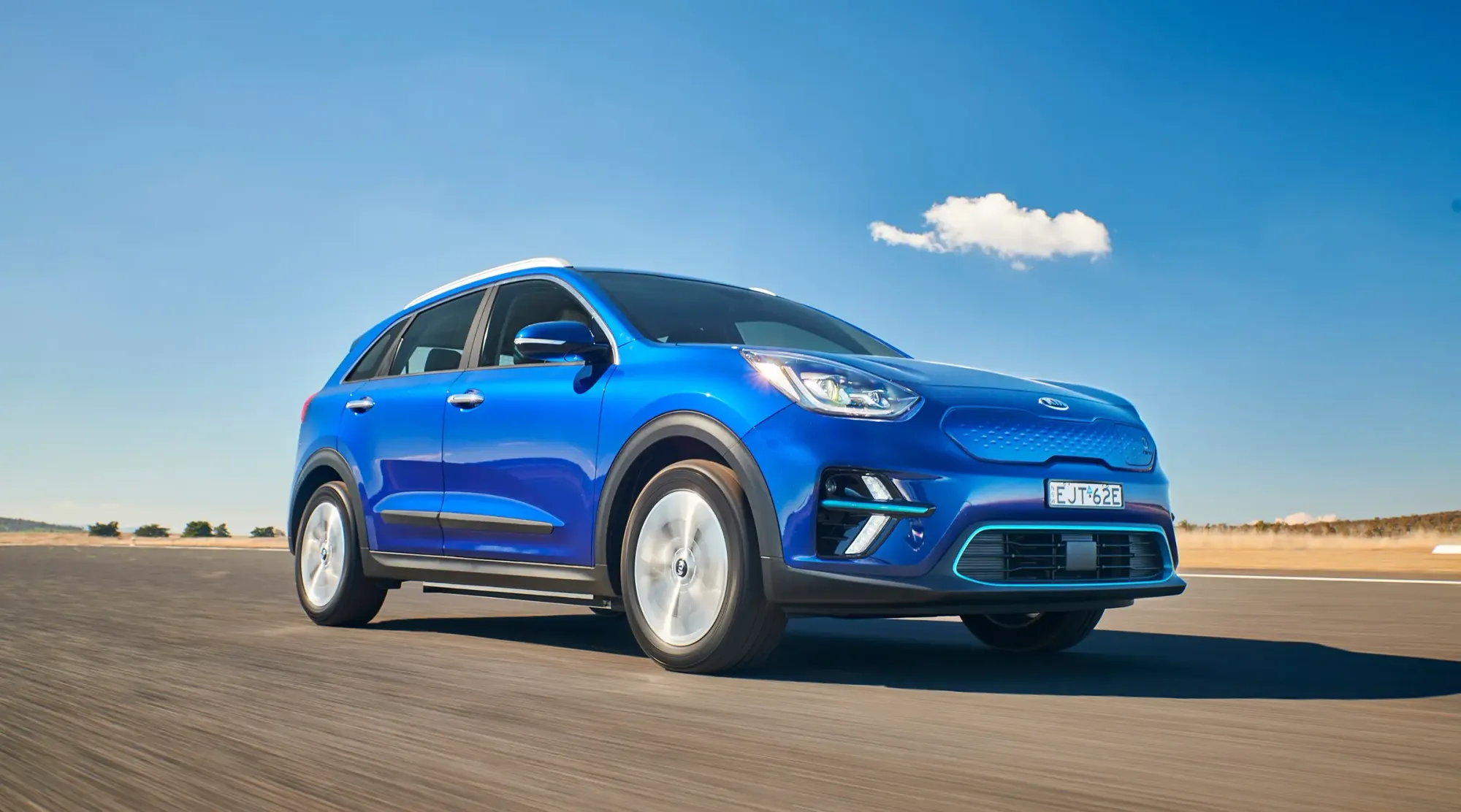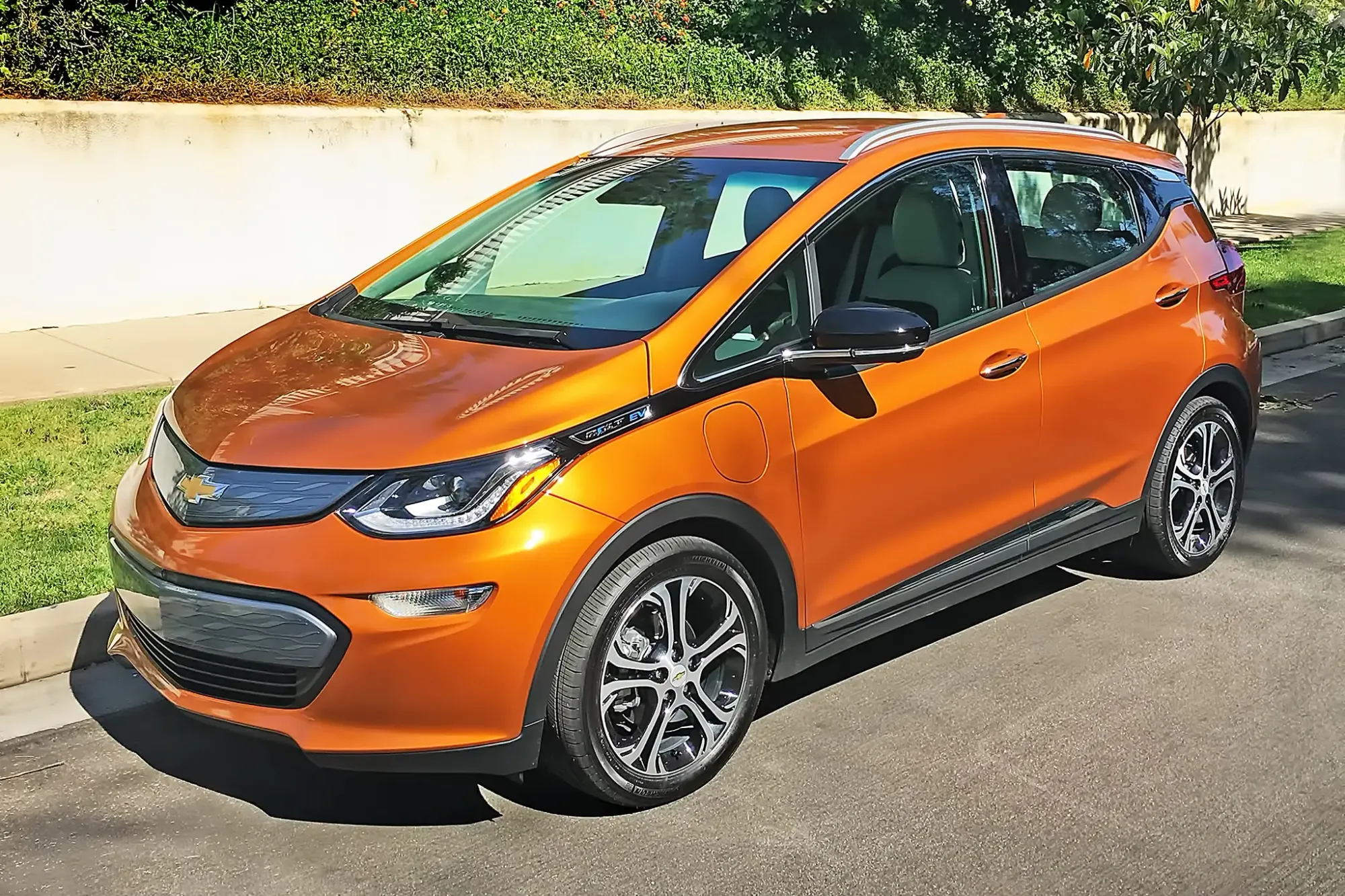The Kia Niro EV and Chevrolet Bolt EV are two popular electric vehicle models that have captured the attention of EV enthusiasts and potential buyers alike. These models offer a balance of performance, affordability, and technology, making them noteworthy options in the growing electric vehicle market. In this comparison, we will explore key aspects of each model to help you make an informed decision.
Pricing and Trim Levels: Kia Niro EV vs Chevrolet Bolt EV
Pricing and trim levels are crucial when selecting an EV, as they determine the vehicle’s value and features.
-
💰 Base Model Pricing: The Kia Niro EV starts at approximately $39,550, offering features such as a robust infotainment system and driver assistance. The Chevrolet Bolt EV begins at around $27,495, providing a more affordable entry point with essential technology features.
-
🚀 Performance Trims: The Kia Niro EV offers the EX and EX Premium trims, focusing on enhanced comfort and technology. The Bolt EV simplifies options with a single trim, focusing on delivering solid performance and practicality.
Design and Exterior Features: Kia Niro EV vs Chevrolet Bolt EV
Design and exterior features influence both the aesthetic appeal and the functional performance of an EV.
-
🎨 Aerodynamic Design: The Kia Niro EV’s aerodynamic shape promotes efficiency, while the Bolt EV’s compact design supports urban maneuverability.
-
💡 Lighting and Aesthetics: The Niro EV features striking LED headlights and taillights, while the Bolt EV emphasizes practicality with functional lighting.
-
🚪 Unique Features: The Niro EV offers roof rails for added utility, whereas the Bolt EV’s minimalist design focuses on compact efficiency.
-
📏 Exterior Dimensions: The Niro EV is slightly larger, providing more cargo space, while the Bolt EV's compact dimensions enhance city driving convenience.
Interior and Cabin Space: Kia Niro EV vs Chevrolet Bolt EV
Interior comfort and space are vital for a satisfying driving experience in any EV.
-
🪑 Seating and Comfort: The Niro EV provides a spacious interior with comfortable seating for five, while the Bolt EV maximizes space efficiency and offers supportive seats.
-
📱 Technology Integration: The Niro EV boasts a 10.25-inch touchscreen with Apple CarPlay and Android Auto, while the Bolt EV features a user-friendly 10.2-inch infotainment system.
-
🧳 Storage and Utility: The Niro EV offers 53 cubic feet of cargo space with the rear seats folded, surpassing the Bolt EV’s 57 cubic feet, making it ideal for carrying larger items.
Performance and Acceleration: Kia Niro EV vs Chevrolet Bolt EV
Performance and acceleration are key factors for many EV buyers, impacting the driving experience.
-
⚡ Acceleration and Speed: The Kia Niro EV accelerates from 0-60 mph in about 6.5 seconds, while the Bolt EV does so in 6.5 seconds, offering comparable performance.
-
🛞 Handling and Drive Modes: The Niro EV offers multiple drive modes for tailored performance, while the Bolt EV provides a nimble and responsive drive, ideal for urban settings.
Range and Battery Options: Kia Niro EV vs Chevrolet Bolt EV
Range and battery options determine an EV's practicality for daily use and longer trips.
-
🔋 Battery Options: The Kia Niro EV comes with a 64 kWh battery, while the Bolt EV features a 65 kWh battery, both offering reliable energy storage.
-
🌍 Real-World Range: The Niro EV provides an estimated range of 239 miles, while the Bolt EV delivers up to 259 miles, showcasing its efficiency in diverse conditions.
Technology and Safety Features: Kia Niro EV vs Chevrolet Bolt EV
Technology and safety features enhance the driving experience and provide peace of mind.
-
🤖 Driver Assistance Features: The Niro EV includes features such as forward collision warning, while the Bolt EV offers lane-keeping assist and pedestrian detection.
-
🚘 Full Self-Driving (FSD): While true FSD is not available, both models offer robust driver assistance systems for enhanced safety.
-
🛡️ Active Safety Features: Both vehicles come with automatic emergency braking and lane departure warning as standard.
-
⭐ Crash Test Ratings: Both the Niro EV and Bolt EV have excellent safety ratings, with the Niro EV receiving high marks from the NHTSA.
Charging Options and Infrastructure: Kia Niro EV vs Chevrolet Bolt EV
Charging options and infrastructure are essential for convenient EV ownership.
-
⚡ Home Charging: Both models support Level 2 home charging, reducing charge time to about 9-10 hours.
-
🌍 Public Charging Networks: The Niro EV and Bolt EV both have access to extensive public charging networks, although the Bolt EV lacks access to the Tesla Supercharger network.
Charging Speed: Kia Niro EV vs Chevrolet Bolt EV
Charging speed impacts how quickly you can get back on the road.
-
⚡ Home Charging Speed: Both models charge at around 7.2 kW on a Level 2 charger, providing similar home charging speeds.
-
🌍 Fast Charging Speed: The Niro EV supports up to 100 kW fast charging, while the Bolt EV supports up to 55 kW, impacting turnaround times on the road.
-
🛠️ Third-Party Chargers: Both are compatible with various third-party fast chargers, offering flexibility in charging locations.
Customization Options: Kia Niro EV vs Chevrolet Bolt EV
Customization options allow buyers to tailor their EV to personal tastes.
-
🎨 Exterior Colors: The Niro EV offers a broader range of colors, including vibrant options like Runway Red and Gravity Blue, while the Bolt EV offers practical choices such as Oasis Blue and Nightfall Gray.
-
🛞 Wheel Designs: The Niro EV provides distinct wheel designs for different trims, while the Bolt EV offers practical wheel styles.
-
🪑 Interior Trims: The Niro EV features upscale materials and varied color schemes, while the Bolt EV emphasizes functional and durable interiors.
Conclusion: Kia Niro EV vs Chevrolet Bolt EV
The Kia Niro EV and Chevrolet Bolt EV each offer distinct advantages and considerations:
-
✅ Strengths of Each Model: The Niro EV stands out with its spacious interior and upscale features, while the Bolt EV excels in affordability and range.
-
❌ Considerations: The Niro EV's higher price might be a factor, and the Bolt EV's limited fast-charging capability could impact long-distance travel.




